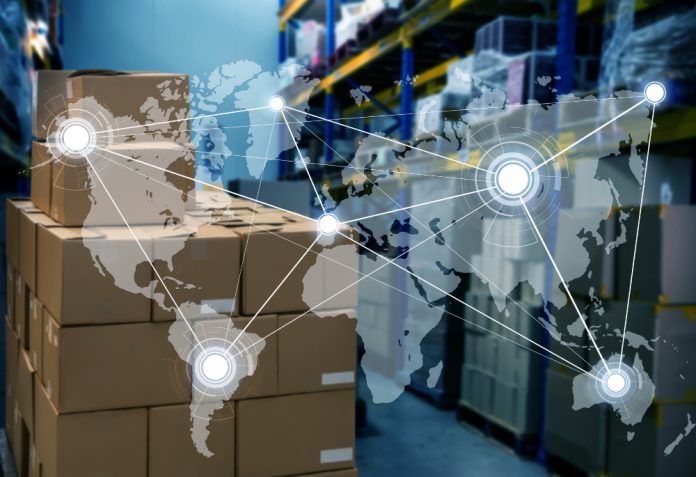The past few years have proven that supply chains are vulnerable to disruptions. From the pandemic to geopolitical tensions, global events have shown just how fragile supply chains can be. In response, Indian manufacturers are learning how to mitigate risks and build resilient supply chains that can withstand future disruptions.
Understanding Supply Chain Resilience
Supply chain resilience is the ability of a supply chain to adapt and recover quickly from disruptions. It involves not just responding to challenges but also anticipating and preparing for them in advance. This includes diversifying suppliers, increasing transparency, and adopting digital tools that improve visibility and agility.
Indian manufacturers, many of whom depend on global suppliers for raw materials and components, are increasingly focused on making their supply chains more resilient. The goal is to create supply chains that are flexible enough to absorb shocks while still delivering products on time and at the right cost.
Key Strategies for Building Resilient Supply Chains
- Diversifying Suppliers: Relying on a single supplier or region for critical components can leave manufacturers vulnerable. By sourcing materials and parts from different suppliers or regions, manufacturers can spread risk and reduce the impact of any disruptions.
- Investing in Digital Tools: Supply chain management software, IoT sensors, and real-time tracking systems help manufacturers monitor their supply chains more effectively. These technologies enable better forecasting, proactive risk management, and more informed decision-making.
- Building Strong Relationships with Suppliers: Collaboration with suppliers is key to building a resilient supply chain. By working closely with suppliers and sharing forecasts and plans, manufacturers can create a more flexible and responsive supply chain.
- Maintaining Buffer Stocks: While lean manufacturing principles have traditionally emphasized low inventory, maintaining buffer stocks of critical components can help mitigate the impact of supply disruptions. Indian manufacturers are increasingly recognizing the value of this strategy, especially for items that have long lead times.
The Role of Industry Bodies
Organizations like CII and ASSOCHAM are supporting Indian manufacturers in building resilient supply chains by offering resources, training, and insights into best practices. These bodies also advocate for government policies that provide financial support for supply chain innovation, helping manufacturers invest in the technologies needed to improve resilience.
The Road Ahead: Strengthening India’s Manufacturing Future
As global uncertainties continue to affect supply chains, building resilience will be crucial for India’s manufacturing sector. By embracing diversified sourcing, digital tools, and collaboration, Indian manufacturers can future-proof their operations and reduce the impact of disruptions.












